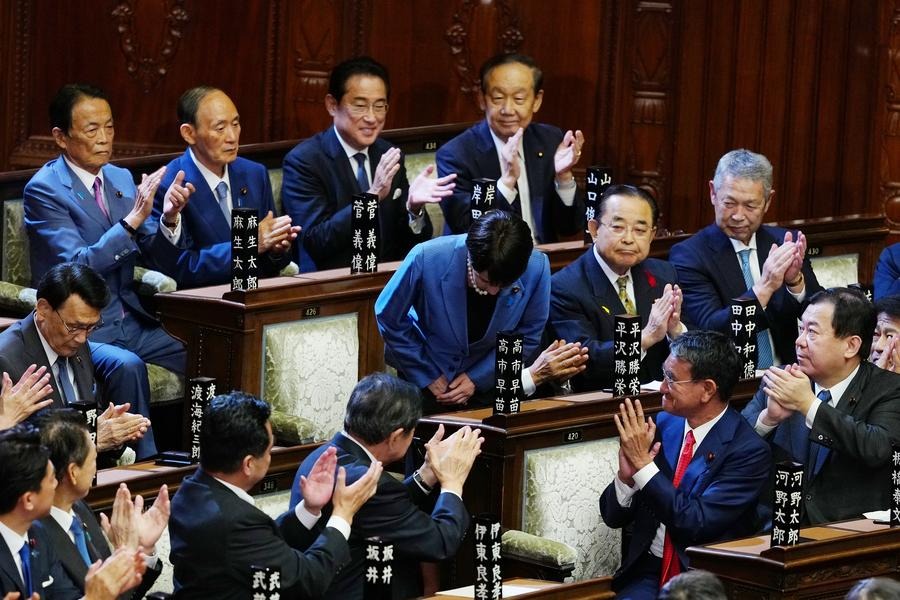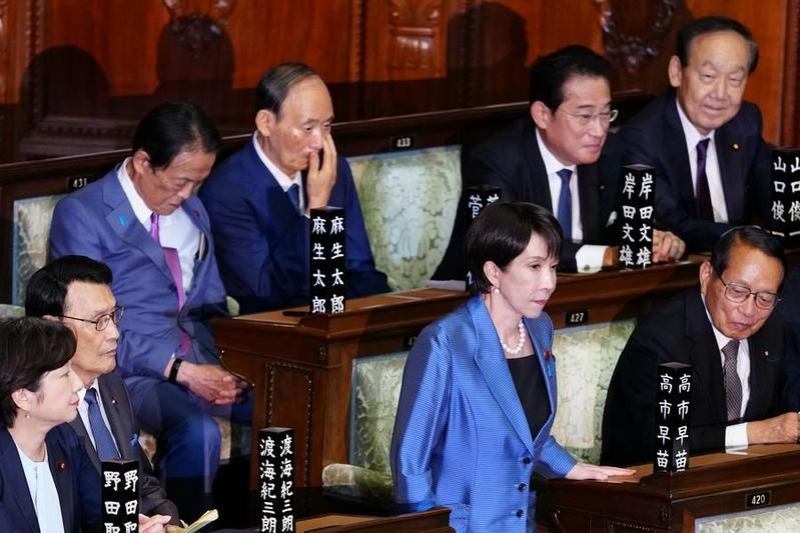Too many WeChat work groups a drain on workers


Editor's Note: Xiangzhou district of Zhuhai, Guangdong province, has issued a directive to solve the problem of formalism and reduce the work burden of grassroots government employees. According to the directive, one department can set up only one work chat group on WeChat, Tencent's popular instant messaging app, and seniors should not send work-related WeChat messages to their subordinates after office hours. Two experts share their views on the directive with China Daily's Liu Jianna. Excerpts follow:
Directive should be promoted nationwide
The directive of the Xiangzhou district is quite encouraging and should be extended nationwide. Most employees today, grassroots civil servants in particular, are under severe work pressure because numerous work chat groups keep buzzing all the time, demanding their immediate attention and replies. This blurs the boundary between their working hours and free time.
True, WeChat work groups have helped people solve a number of communication-related problems and establish real-time communication among different institutions, departments and regions, and thus significantly reduced working time and costs. Yet the rapid proliferation and misuse of online work chat groups have become a mental and physical drain on employees, especially on grassroots civil servants.
The year 2019 has been earmarked for reducing the burden of grassroots governments, and the General Office of the Communist Party of China Central Committee issued a notice on March 11 to resolve the problem of formalism in order to ease the burden of grassroots governments.
The groundbreaking Xiangzhou directive embodies the key point of the notice-that is, reducing the burden of grassroots civil servants-and therefore should be welcomed and promoted nationwide given the universality of the problem.
Chen Tao, a professor at and vice-dean of the School of Politics and Laws, University of Chinese Academy of Social Sciences
Adopt new methods to improve efficiency
Xiangzhou's move is music to the ears of not only grassroots civil servants, but also people who have a close working relationship with governmental agencies, such as community workers. For years, formalism has been troubling community workers, with many government departments setting up branches in communities even though they were eventually removed as part of the measures to reduce red tape.
But the prevalence of WeChat work chat groups, an innovative method that has facilitated official work, poses a challenge different from-and at times worse than-the one before. Thanks to the app's design, community workers have to be glued to their phones so they can respond to the directives and orders from the government departments which could be sent at any time. Which breaks the boundary between work and free time for the community workers.
The Xiangzhou directive targets a problem that until now had not been addressed despite causing serious trouble for a large number of people. Yet while implementing the laudable directive, officials should act flexibly, instead of adopting a sweeping approach, so as to avoid new forms of formalism. For instance, some agencies need more than one chat group to smoothly conduct their work. As such, the directive should be implemented in different departments based on their real conditions.
Perhaps the biggest problem for community workers is that they are required to prepare endless numbers of charts, figures and reports at the request of different departments. This could be resolved easily, by building a unified government affairs platform. In the age of information, the sharing of data and information among government departments is not technically difficult. Nor should it be administratively difficult.
Zhang Youqin, a professor of social work at the School of Public Affairs, Xiamen University


































